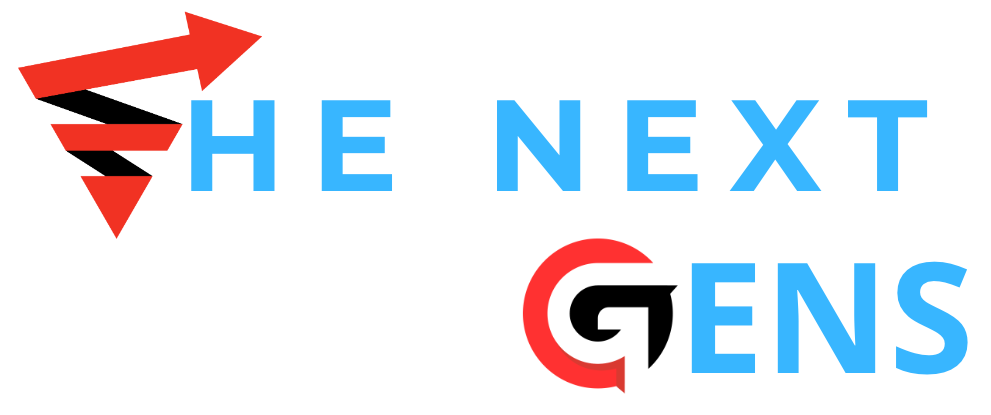Artificial intelligence (AI) is rapidly advancing and transforming industries, creating new opportunities for innovation and growth. However, as AI becomes more integrated into society, there are growing concerns about its potential negative impacts, such as job displacement, bias, and privacy violations. In response, governments around the world are grappling with the challenges of governing AI, including regulation and policy. In this article, we will explore the challenges of governing AI and the steps governments can take to ensure responsible and ethical AI development.
Regulating AI: Balancing Innovation and Safety
One of the biggest challenges of governing AI is finding a balance between encouraging innovation and ensuring safety. AI has the potential to bring tremendous benefits to society, but it also poses significant risks, such as the potential for bias, discrimination, and unintended consequences.
To address these risks, governments are exploring different approaches to regulating AI. Some countries, such as the European Union, are taking a more cautious approach, focusing on creating regulations that ensure AI is used ethically and responsibly. Other countries, such as China and the United States, are taking a more laissez-faire approach, emphasizing innovation and entrepreneurship.
Ensuring Transparency and Accountability
Another challenge of governing AI is ensuring transparency and accountability in AI development and deployment. AI algorithms can be opaque and difficult to understand, which makes it challenging for policymakers to assess their potential risks and benefits.
To address this challenge, governments are exploring different approaches to increasing transparency and accountability in AI development. Some are calling for the creation of new regulatory agencies to oversee AI development and deployment, while others are advocating for more industry self-regulation and voluntary standards.
Addressing the Skills Gap
A third challenge of governing AI is addressing the skills gap. As AI becomes more integrated into society, there is a growing demand for workers with expertise in AI and related fields, such as data science and machine learning. However, there is a shortage of workers with these skills, which makes it difficult for governments to develop and implement effective AI policies.
To address this challenge, governments are investing in education and training programs to build a pipeline of skilled workers in AI and related fields. For example, the United States government has launched several initiatives, such as the National Artificial Intelligence Research Institutes, to support AI education and research.
Conclusion
As AI becomes more integrated into society, the challenges of governing AI will only become more complex. To ensure responsible and ethical AI development, governments must find a balance between encouraging innovation and ensuring safety, increase transparency and accountability in AI development and deployment, and address the skills gap through education and training programs. By addressing these challenges, governments can harness the transformative power of AI while minimizing its potential risks and negative impacts.





